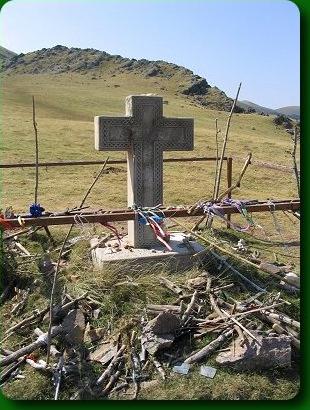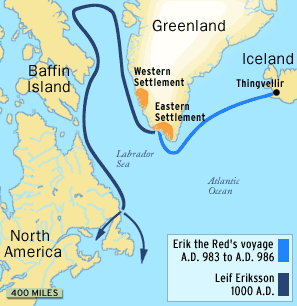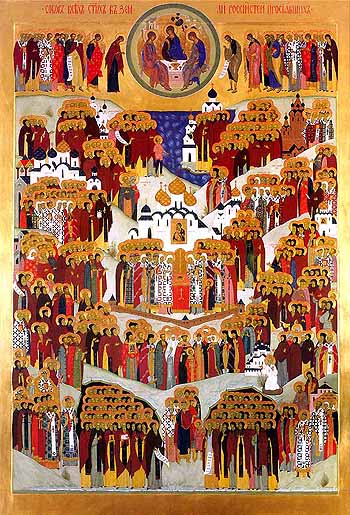
Pope Benedict has approved the beatification of six more martyrs of the Spanish Civil War. Because they were martyred, a proof of a miracle is not required, only that they had been killed because of hatred of Christ and had forgiven their persecutors.
About 2,000 more cases are wending their way through the Vatican. About 10,000 priests religious, and laity were killed during the war because of hatred of Christianity. It has been on the pope’s mind recently; although much of the criticism of the clergy and sexual abuse is fair, some of it begins to look like the anticlericalism of the Spanish Civil War.
I have been researching the backgrounds of clerical abusers in old newspapers. One, William Kuder, was loathsome. He abused a 9 year old boy with oral and anal rape, and used confession and threats to keep it secret.
Kuder can’t be blamed on dissent or Vatican II; he was ordained in the mid-1930s. He turned up in an old newspaper because he accompanied a black prisoner, who was Catholic, to the execution chamber.
On the same day, September 4, 1936, the newspaper headline was Spanish Premier Resigns Post: City of Irun Engulfed in Flames. The retreating Republican forces had set fire to the city (film of evacuation).

They did something else.
In the early morning the monks of Fuenterrabia monastery had been shot by the defenders of Irun, Their bodies, clothed in white robes, could be seen lying on the roof of the monastery from vantage points in Hendaye [in France].
The Republicans also shot the bishop of Valladolid, who happened to be in Irun.
What to make of it? – the wheat and the tares, the best and the worst. And how to sort them out?
 \T
\T










